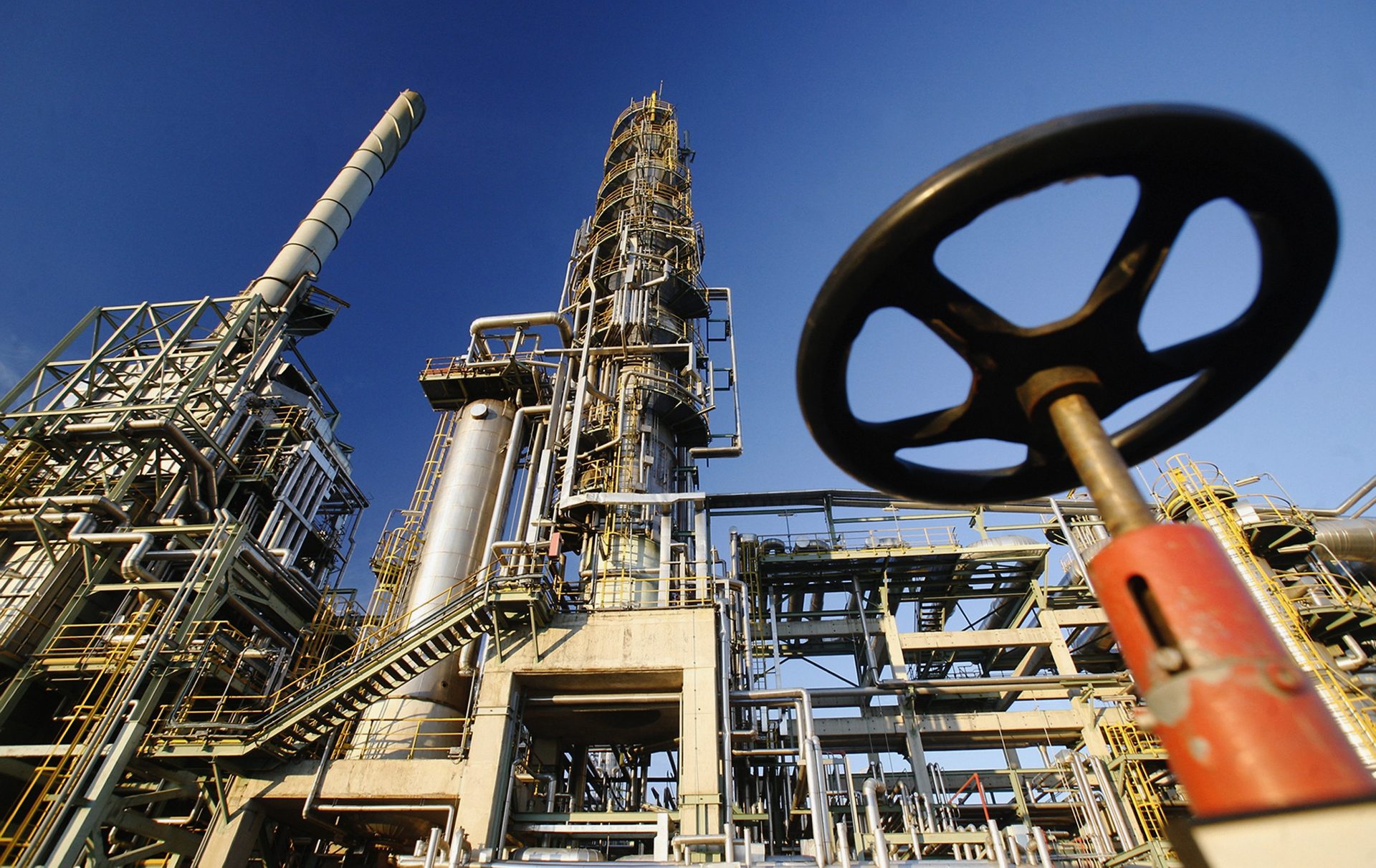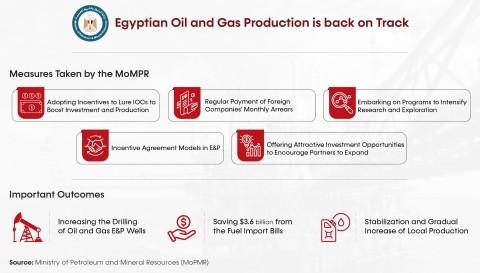The surge in oil supplies that has crushed prices is prompting some refiners in Asia to buy more crude that can be delivered immediately rather than at some future date, adding to pressure on sellers.
With OPEC pumping the most in almost three years and the U.S. producing the most in three decades, the refiners are showing little concern that prices will suddenly surge. Japan’s JX Nippon Oil & Energy Corp., South Korea’s SK Innovation Co. and Indian Oil Corp. are among the processors seeking to boost profits by purchasing more in the spot market while shrinking what they buy under long-term contracts where prices are generally higher.
The shift is a challenge for producers such as Saudi Arabia, the largest exporter, that sell crude through term contracts, undermining their attempts to defend market share with more output. Demand for last-minute deals may prompt Middle East suppliers to cut prices, according to IHS Inc., an Englewood, Colorado-based industry consultant.
“As competition to sell crude has intensified, refiners have been opportunistically picking up spot cargoes,” said Virendra Chauhan, an analyst at Energy Aspects Ltd. in London. “In a volatile trading environment, the opportunity to pick up cargoes at an attractive price is higher.”
Crude Volatility
The Chicago Board Options Exchange Crude Oil Volatility Index averaged 54.68 in the first quarter of this year, the highest level since the same period in 2009. The measure almost tripled in 2014.
Crude prices have rebounded from a six-year low after slumping almost 50 percent in 2014. Brent, the benchmark for more than half the world’s oil, has gained about 40 percent since Jan. 13 and fell 30 cents to $64.81 a barrel on Friday at 9:52 a.m. New York time. West Texas Intermediate crude, the U.S. marker, was down 41 cents at $60.36.
WTI will slide to $45 by October as the crude surplus weighs on the market, Jeffrey Currie, an analyst at Goldman Sachs Group Inc. in New York, wrote in a May 22 report.
SK Innovation, based in Seoul, plans to buy as much as 6 million barrels of the U.K.’s Forties crude in 2015 on a spot basis, Kim Hyung Kun, the chief executive officer of the company’s trading division, said last month. South Korea’s largest refiner has already more than doubled the purchase of U.S. condensate in 2015 from last year to about 900,000 barrels, said Kim Woo Kyung, a spokeswoman.
Oil Profitability
“It’s become less important for us to secure stable volumes under term contracts because there is a lot of crude available,” said Kim of the trading division. “We now think in terms of profitability and that’s why we’re buying more spot crude this year.”
Global supplies are increasing as the Organization of Petroleum Exporting Countries sticks to its policy of favoring market share over supporting prices by cutting output.
There’s a “perceptible shift” from term contracts to spot purchases, said H. Kumar, managing director at Mangalore Refinery and Petrochemicals Ltd., an Indian processor.
Short-term deals that in the past were about 10 percent of purchases by the nation’s refiners are now increasing and may account for as much as a quarter in the future, he said.
The need to procure oil under firm contracts has been “slightly reduced,” Tokyo-based JX’s Executive Vice President Michio Ikeda said in May. Japan’s biggest refiner buys about 15 percent of its crude through spot contracts and may double those purchases in the long term, he said.
“This is going to put some downward price pressure on Middle East suppliers,” Victor Shum, Singapore-based vice president at IHS, said by phone.
Ample Supply
Term contracts accounted for about 70 percent of Mumbai-based Indian Oil Corp.’s oil purchases in the last fiscal year, down from 80 percent previously because spot agreements offer more “flexibility,” said Sanjiv Singh, director of refineries at the country’s biggest processor.
The global surplus is forcing producers to adopt new strategies to lock in sales. Saudi Arabian Oil Co. plans to spend $70 billion to $80 billion on overseas acquisitions and investments in the next five years, people with knowledge of the matter said in May. The producer sold March supplies of its Arab Light oil to Asia at the biggest discount in at least 14 years as it sought to defend market share.
“Refiners perceive that there’s ample supply,” said Suresh Sivanandam, a refining and chemical analyst at Wood Mackenzie Ltd. in Singapore. They’ll “be able to reduce their exposure to term barrels and look for more spot barrels,” he said.
Source: Bloomberg












